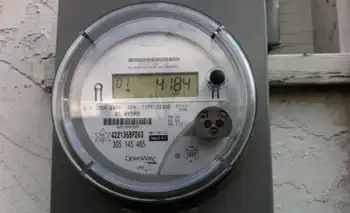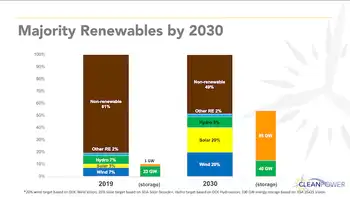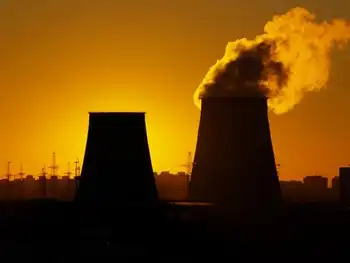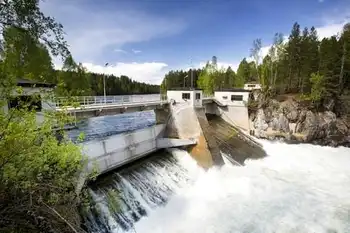Nord Stream: Norway and Denmark tighten energy infrastructure security after gas pipeline 'attack'
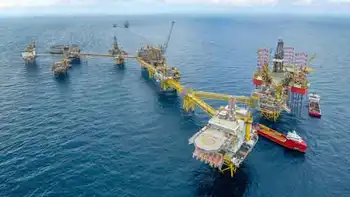
CSA Z463 Electrical Maintenance -
Our customized live online or in‑person group training can be delivered to your staff at your location.

- Live Online
- 6 hours Instructor-led
- Group Training Available
Nord Stream Pipeline Sabotage triggers Baltic Sea gas leaks as Norway and Denmark tighten energy infrastructure security, offshore surveillance, and exclusion zones, after drone sightings near platforms and explosions reported by experts.
Key Points
An alleged attack causing Baltic gas leaks and heightened energy security measures in Norway and Denmark.
✅ Norway boosts offshore and onshore site security
✅ Denmark enforces 5 nm exclusion zone near leaks
✅ Drones spotted; police probe sabotage and safety breaches
Norway and Denmark will increase security and surveillance around their energy infrastructure sites after the alleged sabotage of Russia's Nord Stream gas pipeline in the Baltic Sea, as the EU pursues a plan to dump Russian energy to safeguard supplies.
Major leaks struck two underwater natural gas pipelines running from Russia to Germany, which has moved to a 200 billion-euro energy shield amid surging prices, with experts reporting that explosions rattled the Baltic Sea beforehand.
Norway -- an oil-rich nation and Europe's biggest supplier of gas -- will strengthen security at its land and offshore installations, even as it weighs curbing electricity exports to avoid shortages, the country's energy minister said.
The Scandinavian country's Petroleum Safety Authority also urged vigilance on Monday after unidentified drones were seen flying near Norway's offshore oil and gas platforms.
"The PSA has received a number of warnings/notifications from operator companies on the Norwegian Continental Shelf concerning the observation of unidentified drones/aircraft close to offshore facilities" the agency said in a statement.
"Cases where drones have infringed the safety zone around facilities are now being investigated by the Norwegian police."
Meanwhile Denmark will increase security across its energy sector after the Nord Stream incident, as wider market strains, including Germany's struggling local utilities, ripple across Europe, a spokesperson for gas transmission operator Energinet told Upstream.
The Danish Maritime Agency has also imposed an exclusion zone for five nautical miles around the leaks, warning ships of a danger they could lose buoyancy, and stating there is a risk of the escaping gas igniting "above the water and in the air," even as Europe weighs emergency electricity measures to limit prices.
Denmark's defence minister said there was no cause for security concerns in the Baltic Sea region.
"Russia has a significant military presence in the Baltic Sea region and we expect them to continue their sabre-rattling," Morten Bodskov said in a statement.
Video taken by a Danish military plane on Tuesday afternoon showed the extent of one of gas pipeline leaks, with the surface of the Baltic bubbling up as gas escapes, highlighting Europe's energy crisis for global audiences:
Meanwhile police in Sweden have opened a criminal investigation into "gross sabotage" of the Nord Stream 1 and Nord Stream 2 pipelines, and Sweden's crisis management unit was activated to monitor the situation. The unit brings together representatives from different government agencies.
Swedish Foreign Minister Ann Linde had a call with her Danish counterpart Jeppe Kofod on Tuesday evening, and the pair also spoke with Norwegian Foreign Minister Anniken Huitfeldt on Wednesday, as the bloc debates gas price cap strategies to address the crisis, with Kofod saying there should be a "clear and unambiguous EU statement about the explosions in the Baltic Sea."
"Focus now on uncovering exactly what has happened - and why. Any sabotage against European energy infrastructure will be met with a robust and coordinated response," said Kofod.





